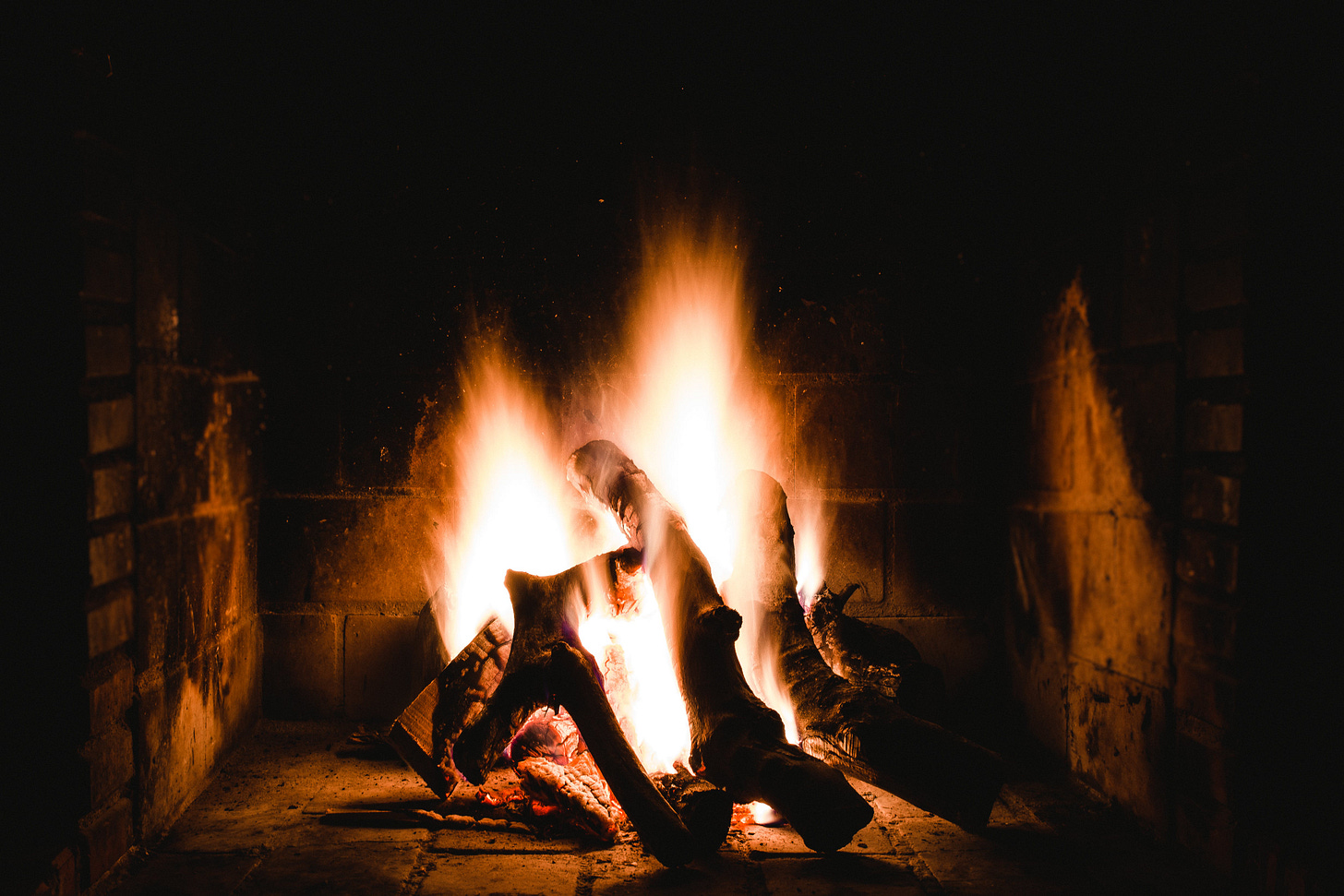Parenting in Advent
Parents, for their part, play a central role in shaping the experience of Advent for their children beyond the formal liturgy. Not surprisingly, living Advent in the home is a radically countercultural affair. To be sure, living Christian in the home is a countercultural affair. The Catechism reiterates this point: “In our own time, in a world often alien and even hostile to faith, believing families are of primary importance as centers of living, radiant faith” (1656).
As parents, we have to stop Christmas from coming (early) on a daily basis throughout Advent — waiting to decorate the house, bake cookies, and listen to Christmas music. Advent is about embracing waiting.
To be sure, embracing waiting, especially with little children, may cause you to pull your hair out. It’s a good thing they’ve all been accounted for (cf. Lk. 12:7). But, it doesn’t have to be torture, this season of waiting. Lights Out is one interesting way to engage Advent while coming deeply into contact with the really real — that is, the way things are.
Let me explain Lights Out, then I’ll pull out some of its deeper meanings.
Lights Out
On Fridays during Advent, once the clock strikes 6:00pm, our children announce “lights out!” and abruptly turn off every light switch in the house. We power off cell phones and close laptop screens.
The gray, December twilight fills the house. Eventually, this will be consumed by the cold dark blackness of a winter night. With the winter solstice approaching, each passing week brings more darkness. Heavier darkness. Colder darkness.
We light the candles and dig out a few flashlights. Often, we’ll light a fire in the fireplace. It’s a tech-free, electricity-free night. It’s like a self-imposed blackout (lights out, not heat). It’s like a self-imposed desert. Cardinal Robert Sarah notes the importance of the desert:
It is vitally important to withdraw to the desert in order to combat the dictatorship of a world filled with idols that gorge themselves on technology and material goods, a world dominated and manipulated by the media, a world that flees God by taking refuge in noise.
Lights Out is a microcosmic experience of the quiet of the desert. In Lights Out, the desert meets the home.
Practically speaking, Lights Out means finishing dinner and cleaning up in the dark, putting jammies on squirrelly kids in the dark, not checking text messages, praying the Sorrowful Mysteries by candlelight, engaging in some highly competitive family game, not checking text messages, and reading stories aloud – oh, and not checking text messages. It's both incredibly annoying and incredibly liberating all at once.
Lights Out is a family-friendly way households of any size can engage more deeply in Advent.
Lights Out brings the family together, both because it’s a legitimate challenge. You have to work together in new ways. It’s also fun, because it opens new possibilities for engaging with one another. It pushes against the mind-numbing and relationship-numbing force of digital media, and invites being together.
The Lights Out experience educates on a deeper level, too. It helps us engage with the reality of darkness, with the reality of nature. Electric lights cannot extend the daytime, well, because we don’t turn them on. The darkness liberates his circadian rhythm from artificial nemeses. As we spend time together, we pray, read, play games, and then fall asleep much earlier than we would on a well-lit Friday night.
Deeper still, we enter into that spiritual movement of a people waiting in darkness — longing for morning, longing to see the great light of the sun flicker and flit on the horizon, thus dispelling the darkness (cf. Is. 9:2). The simple Advent practice of Lights Out helps us to anticipate and to long for that divine breakthrough that only comes to us because this dramatic Christmas event has shaped our entire existence — and we need it to reshape it again. Lights Out invites us to enter more fully into Advent as it strips away the distractions that press upon life. In removing such trappings, we physically feel the longing for the light of day and a spiritual longing for the Lord. By coming into contact with a reality we cannot control, namely night, we beg God to break it apart with the rays of his light. It’s a deep experience of the darkness into which He, the light of the world, has been born, is born, and will be born — a darkness that cannot overcome the Light of Christ.



